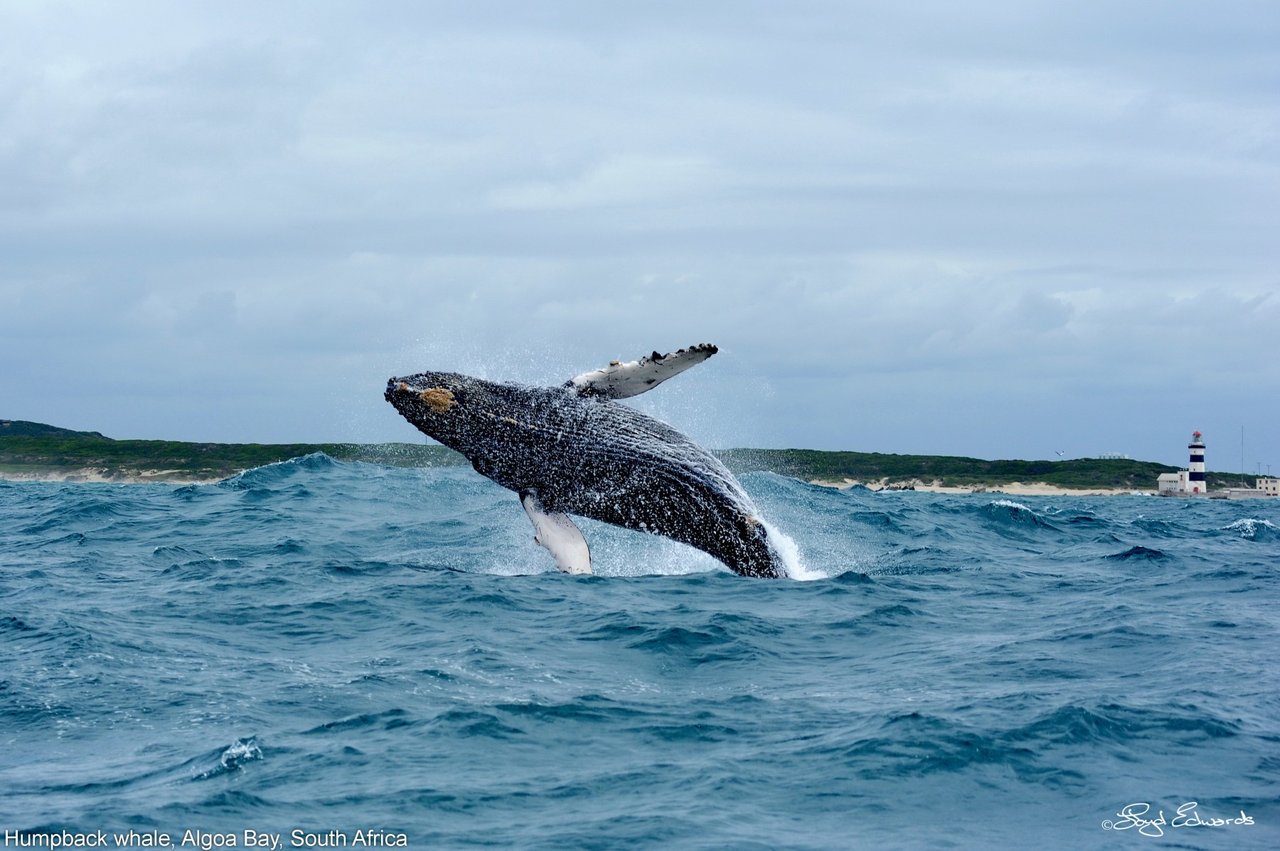
Whale Heritage Sites
These sites promote humane and ethical animal tourism while providing a place where exploited whales, dolphins, and other cetaceans can retire in peace.
Thousands of whales and dolphins are poached from the wild or bred in captivity in order to supply the tourist entertainment and public display industry. As the cruelty of captivity and training these intelligent mammals becomes more widely known, more people are turning away from this cruel form of entertainment.
Jurisdictions around the world are responding to the science by passing laws to ban or significantly restrict the captive display of marine mammals including Brazil, Bolivia, Canada, Chile, Costa Rica, France, India, Luxembourg, Norway, Switzerland, UK, and most recently New South Wales in Australia.
Here in Canada and around the world, whales and dolphins are ready to be retired but have nowhere to go. Whale Heritage Sites are a key part of the solution for helping animals right now and stopping the root cause.
What are Whale Heritage Sites?
Whale Heritage Sites are a global accreditation scheme developed by the World Cetacean Alliance, and supported by World Animal Protection, that recognizes venues that offer and promote responsible and sustainable wild whale and dolphin watching.
The scheme supports the travel industry phasing out traditional forms of cruel wild animal entertainment like tricks and shows by offering them a path to protect marine wildlife and support sustainable practices.
Can you visit Whale Heritage Sites?
Yes, Whale Heritage Sites are open for tourism.
As the travel industry shifts to a wildlife friendly model, more venues are transitioning to meet accreditation requirements and more Whale Heritage Sites will be added to the list.
The future is a wildlife-friendly one and together we can make that a reality.
Whale Heritage Site locations
There are currently five Whale Heritage Sites:
- Tenerife-La Gomera marine area in southwest Tenerife, Spain
- Algoa Bay, South Africa
- Hervey Bay, Australia
- Dana Point, California, US
- Bluff, Durban, South Africa
Learn more about two of these sites by watching our 4-5 minute videos.
Tenerife-La Gomera (Spain):
Aloga Bay (South Africa):
Accreditation requirements
To qualify for this global accreditation, candidate venues must meet set criteria which proves their commitment to cetacean conservation through responsible wildlife interactions and sustainability.
The criteria include:
- Encouraging respectful human-cetacean coexistence
- Celebrating cetaceans
- Environmental, social, and economic sustainability
- Research, education, and awareness
A good guide for tourists
It's not always easy to know if venues follow the best animal welfare practices. There are things we can look for to know if a venue is a genuine sanctuary, but we don't always have the resources to do our own investigations.
Whale Heritage Site status provides tourists with an easy way to select responsible whale and dolphin watching destinations; places where people can experience cetaceans in their natural habitat and in an authentic and respectful way.